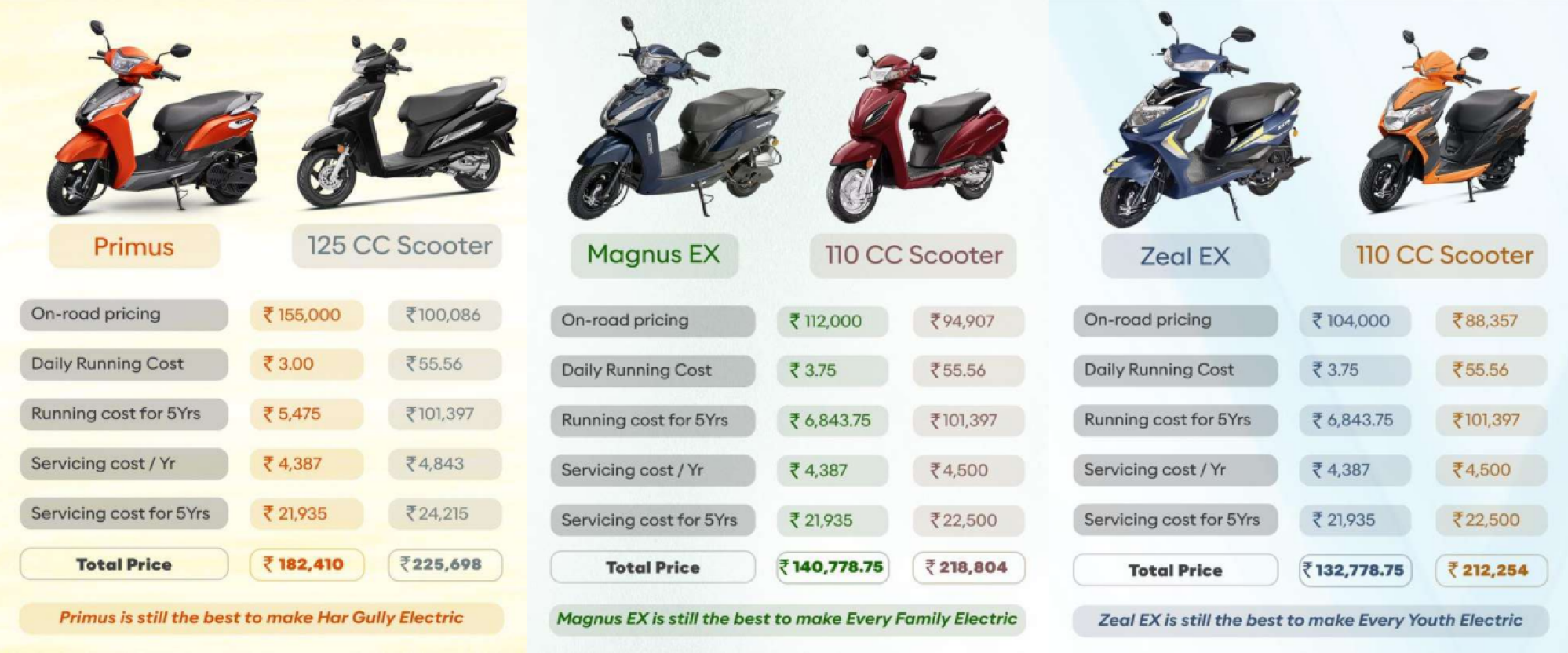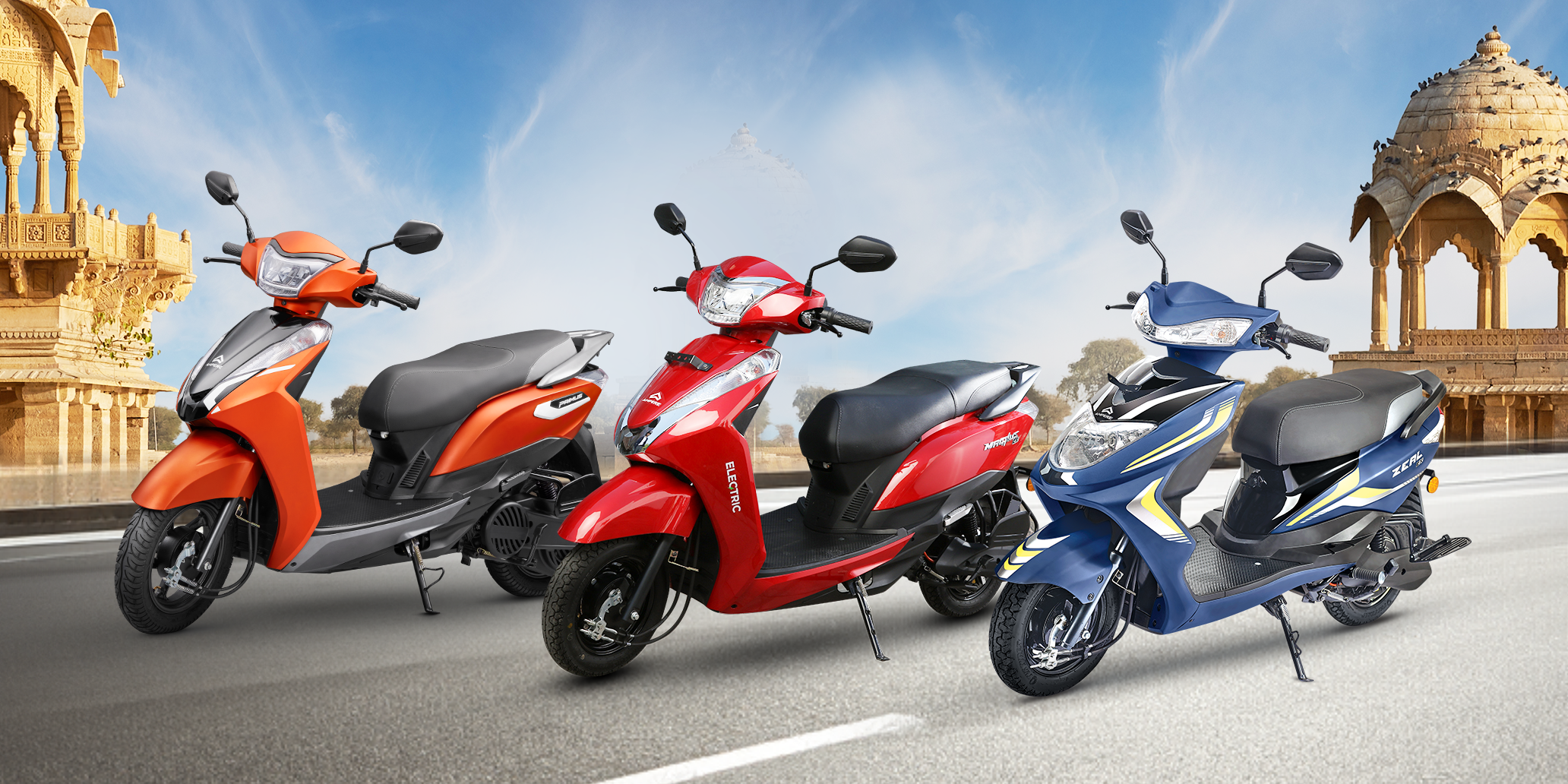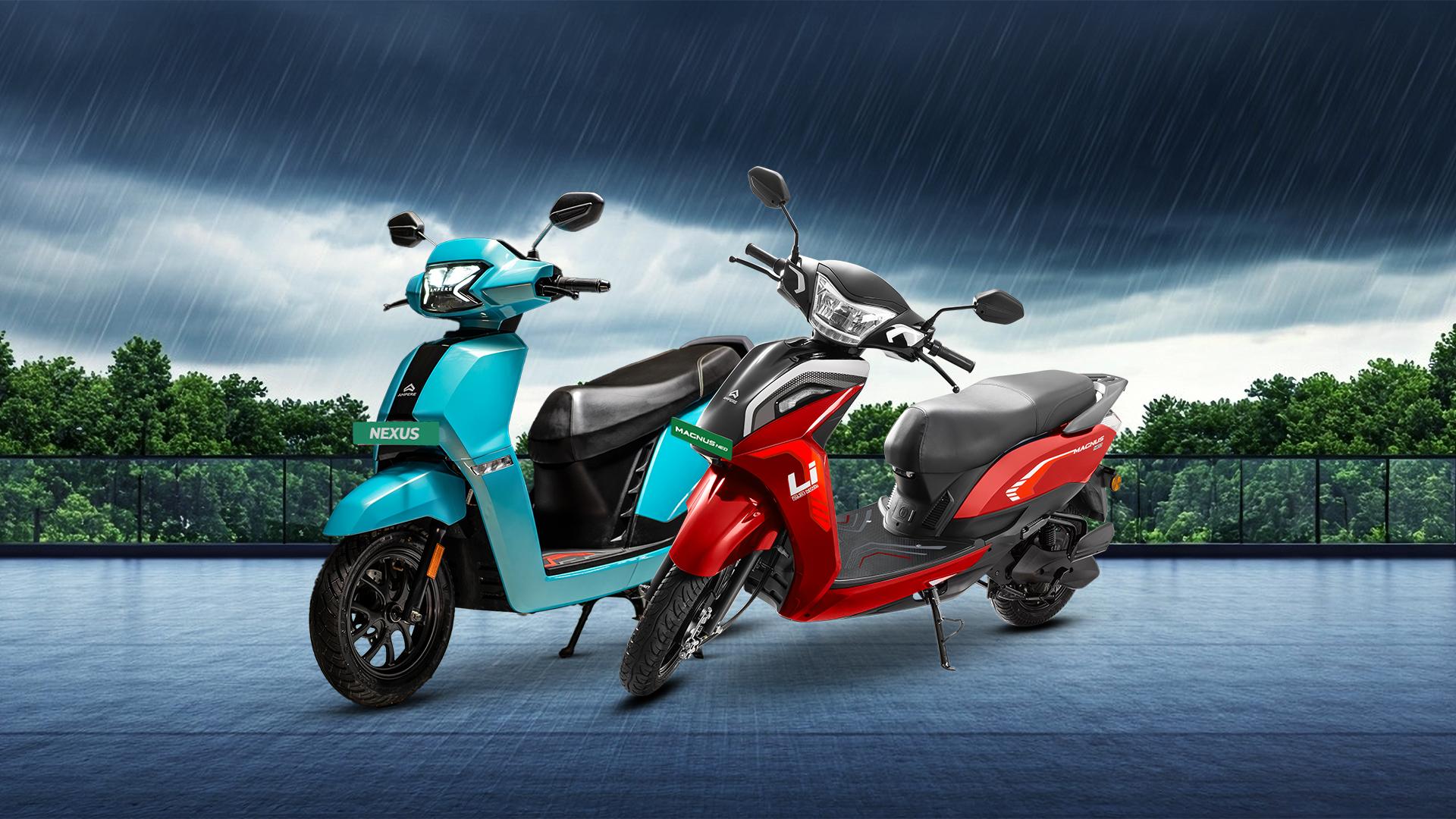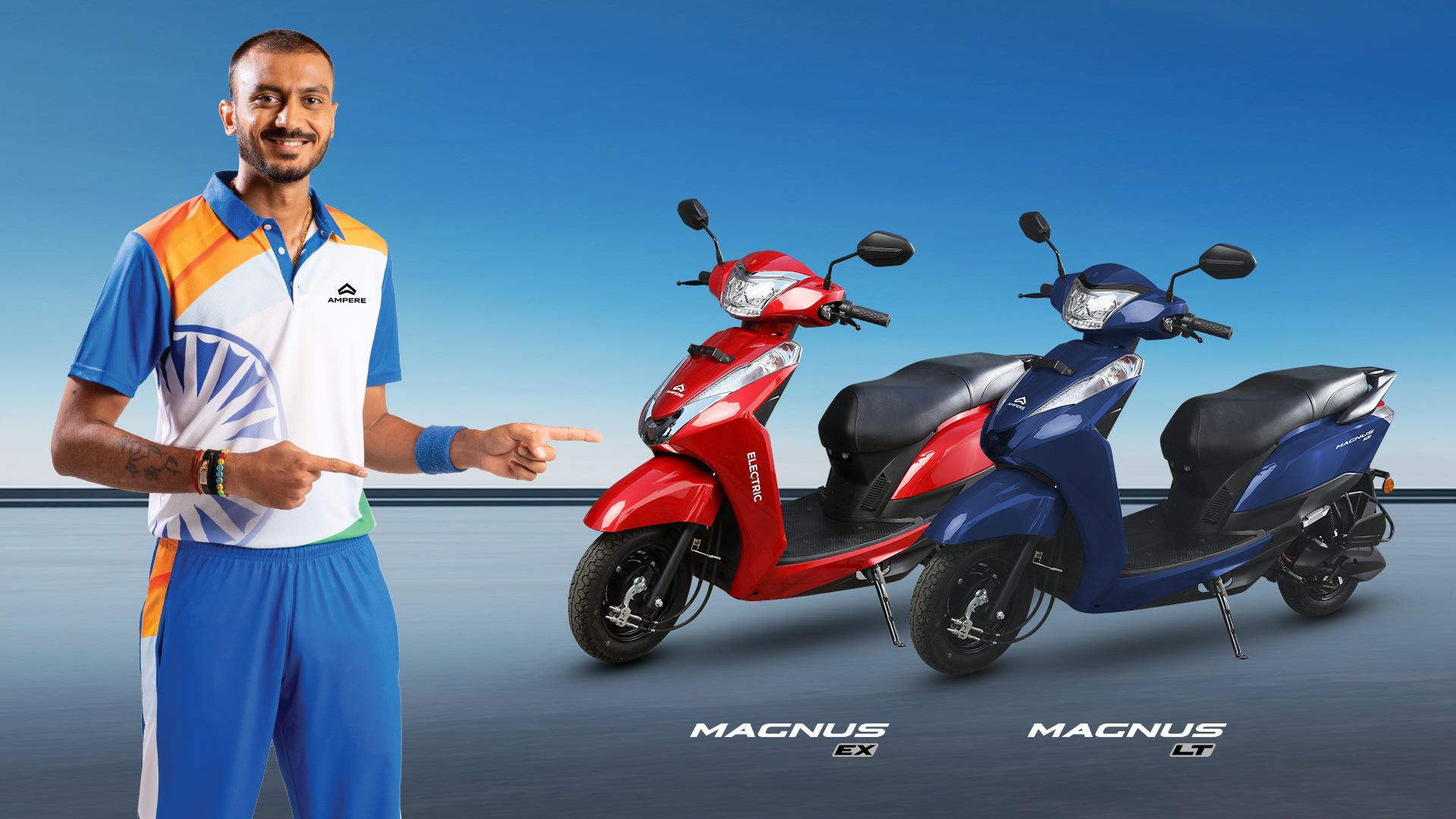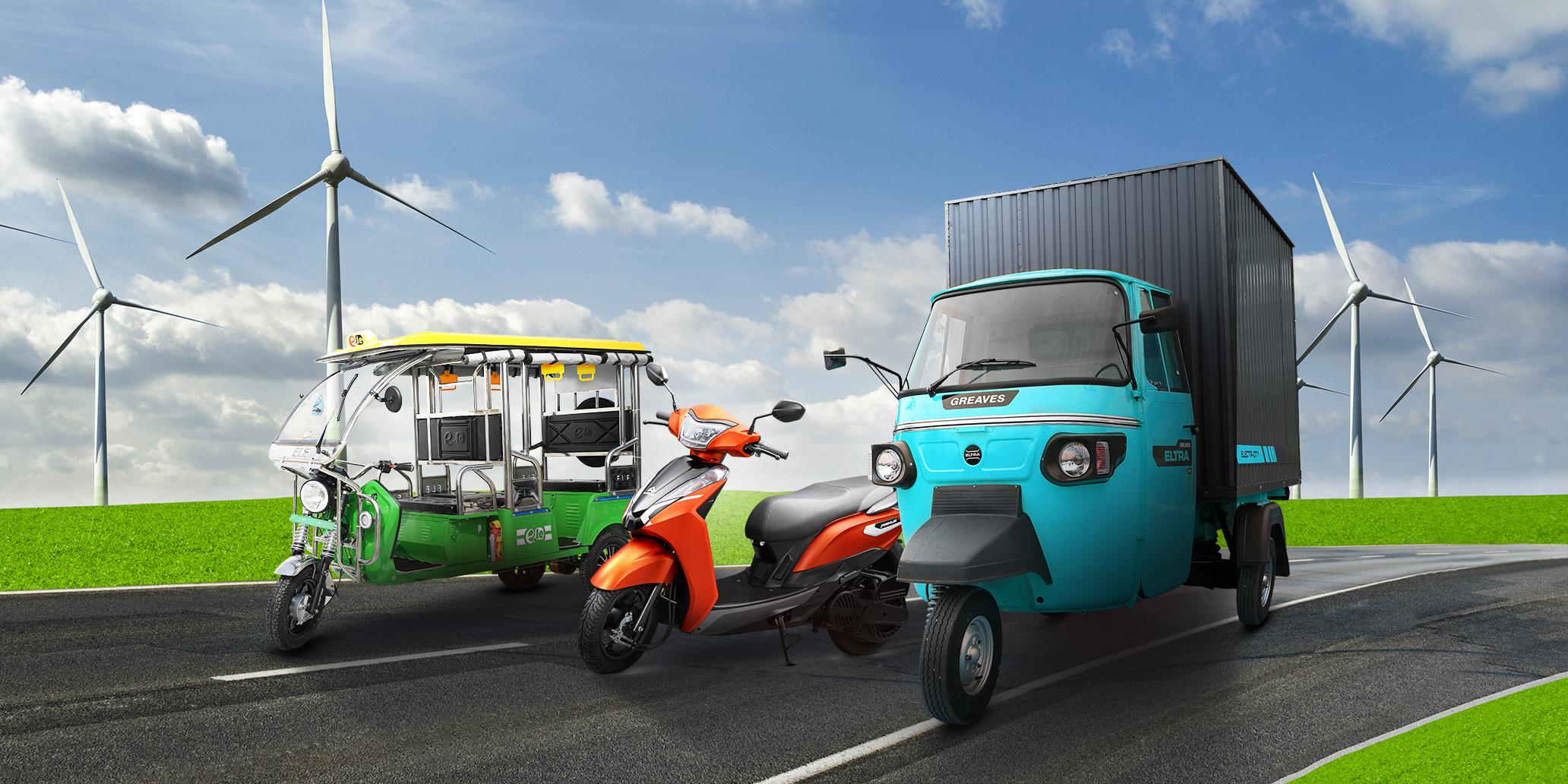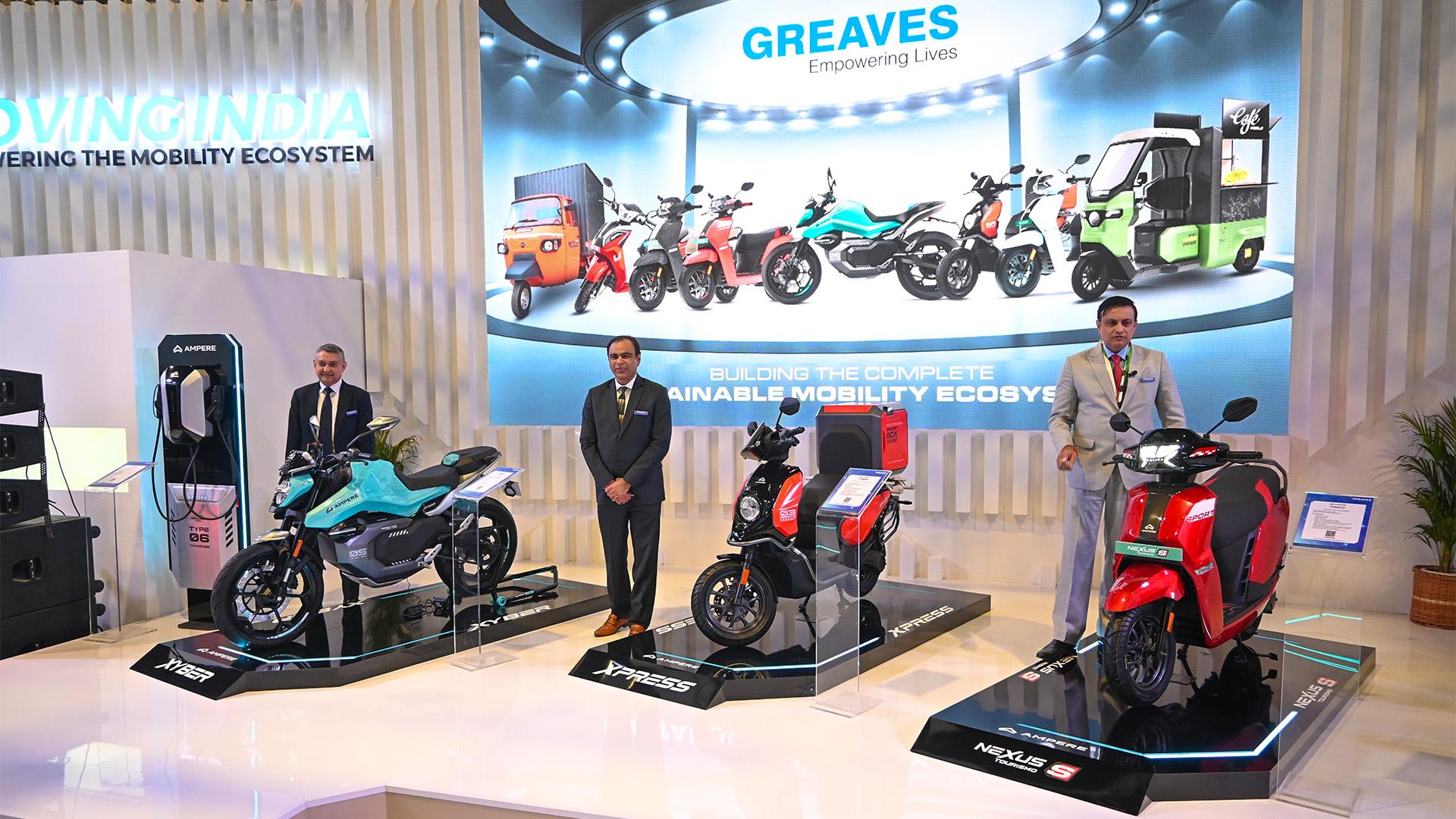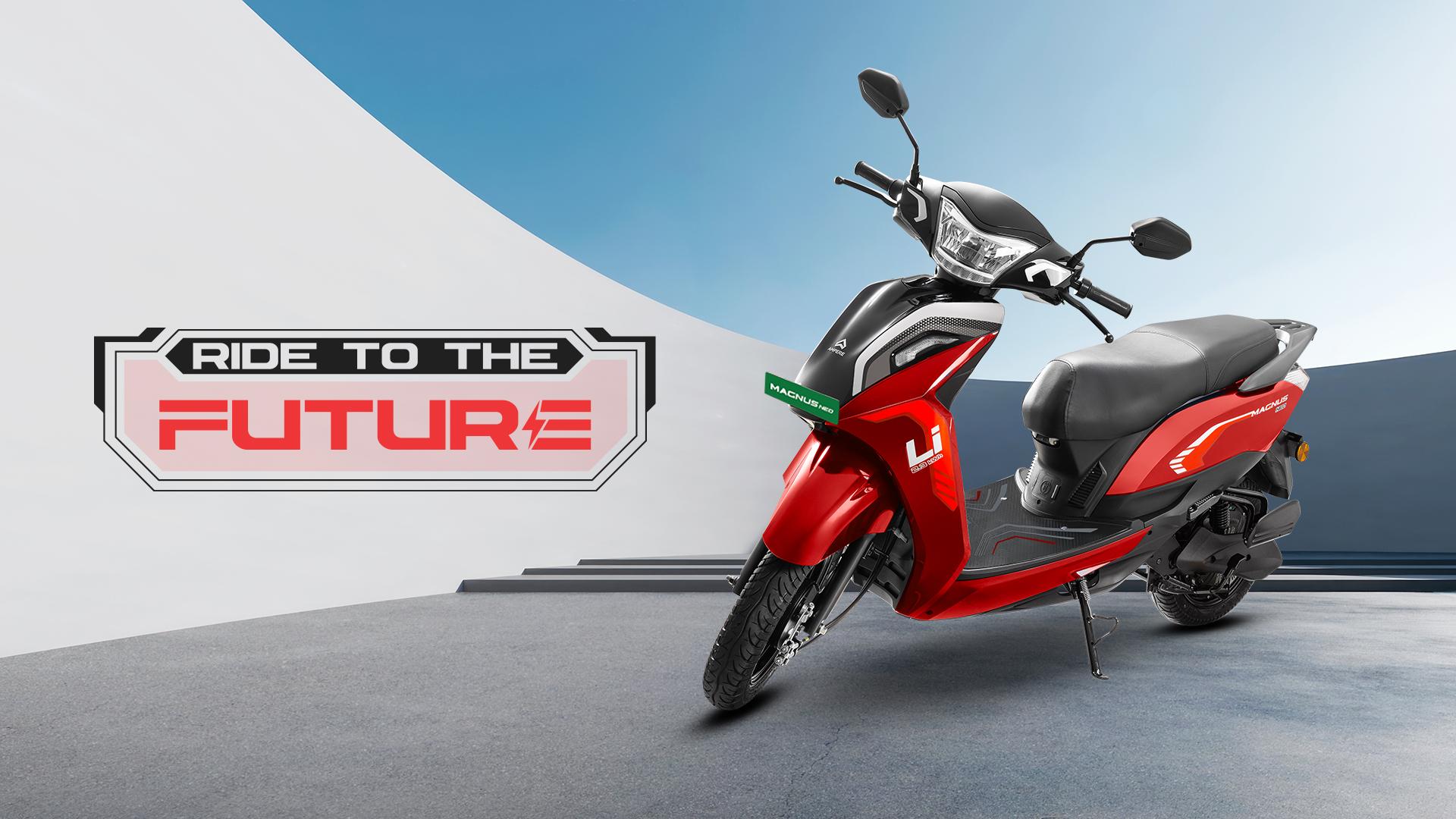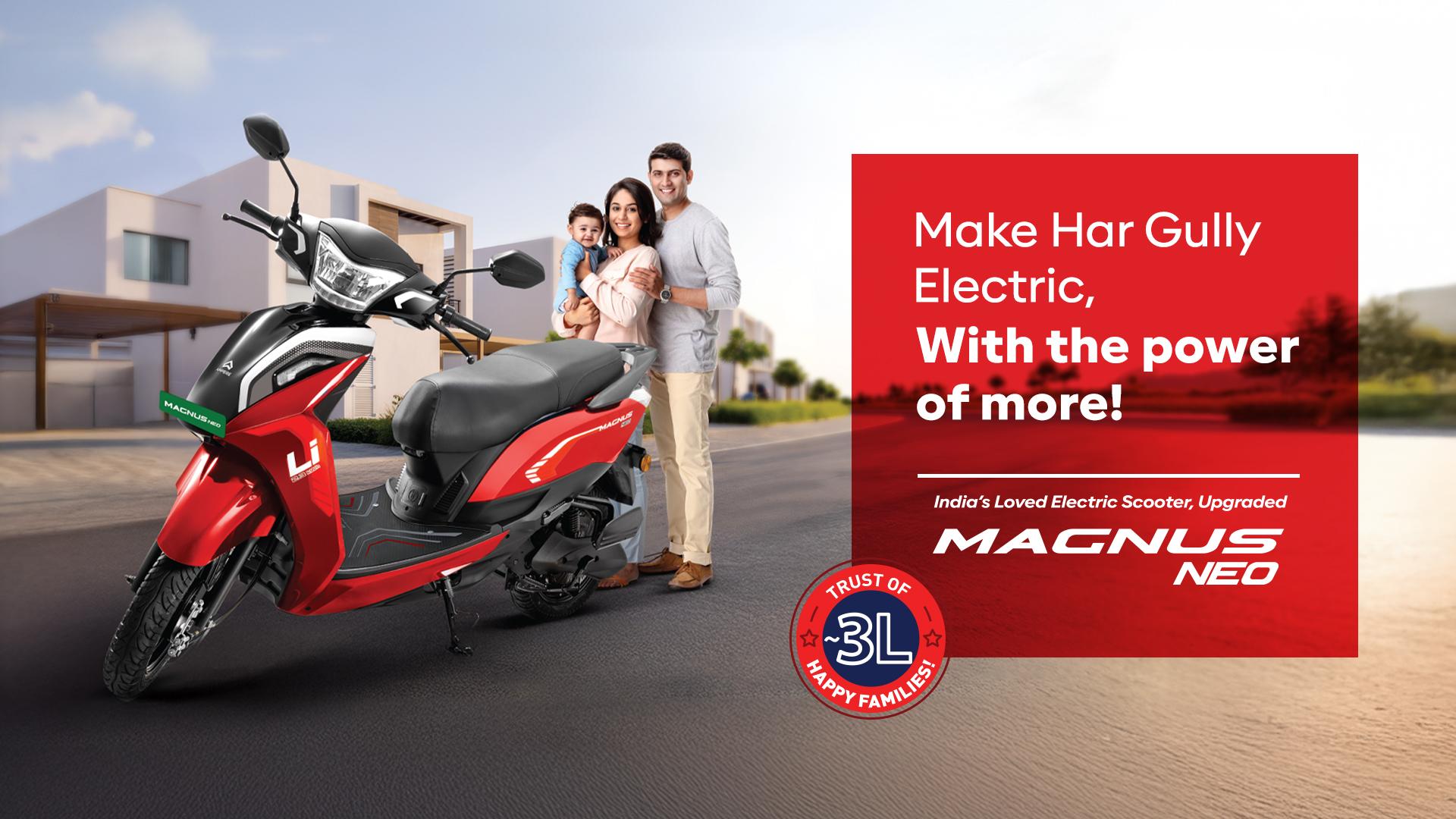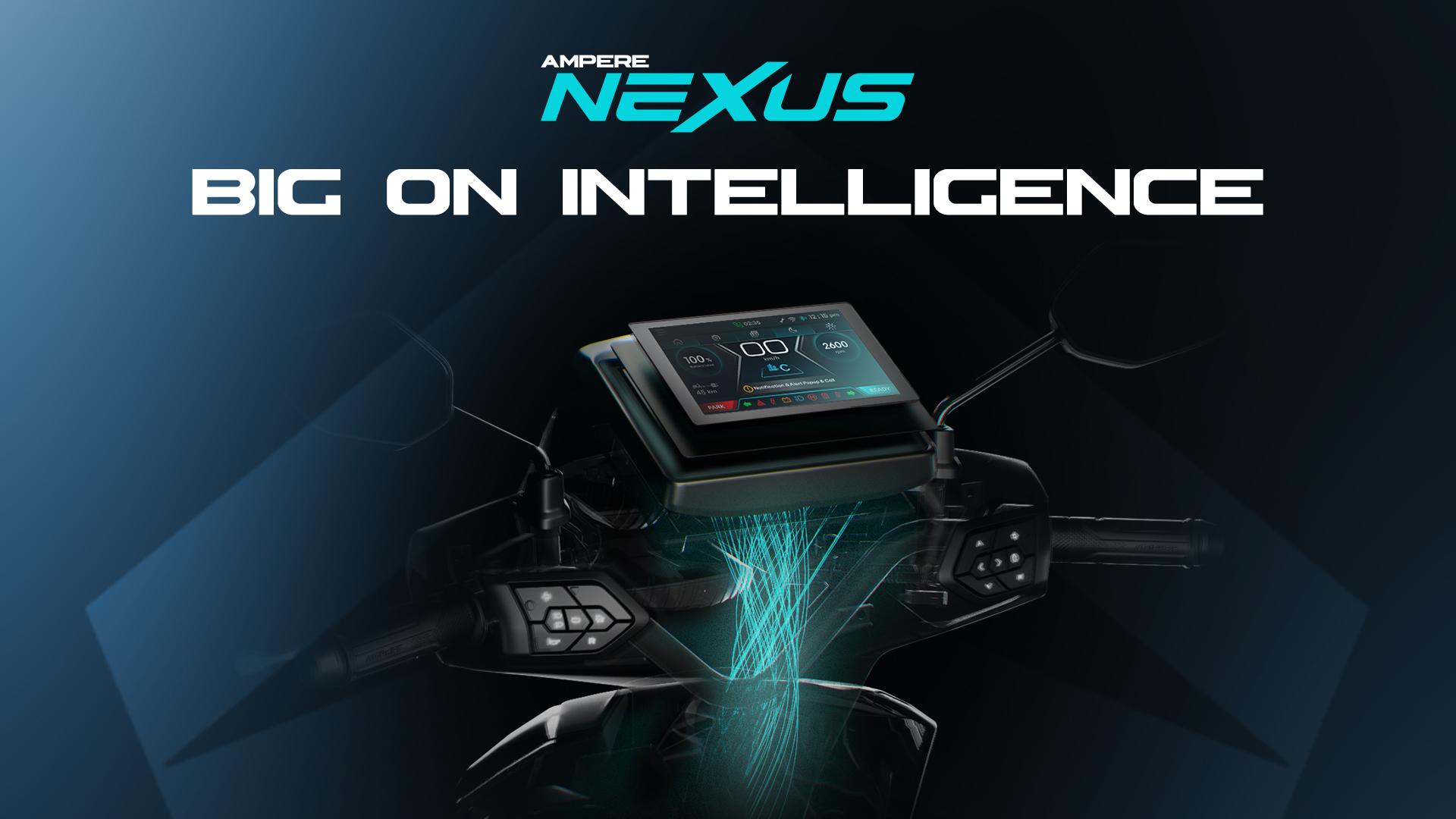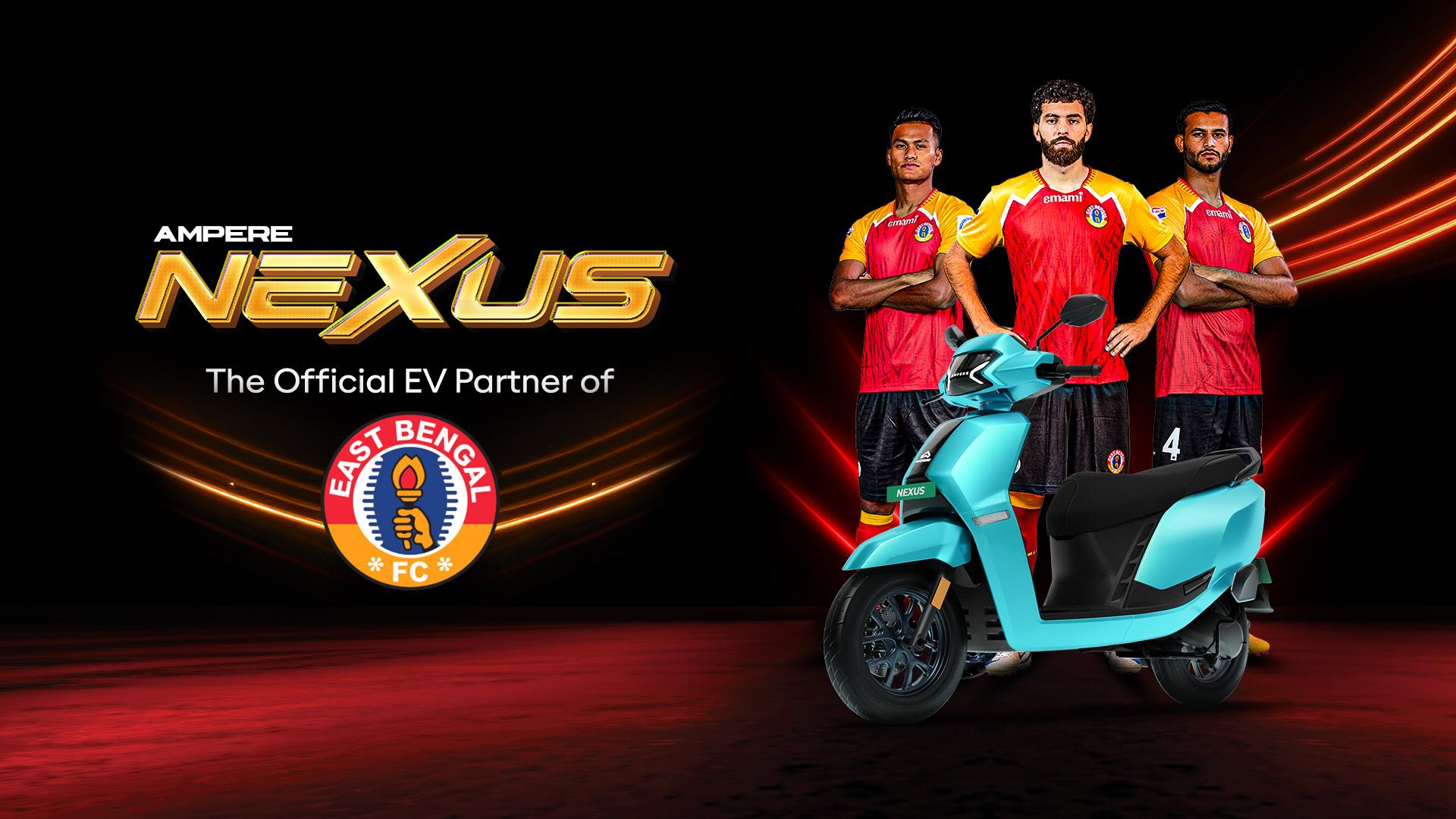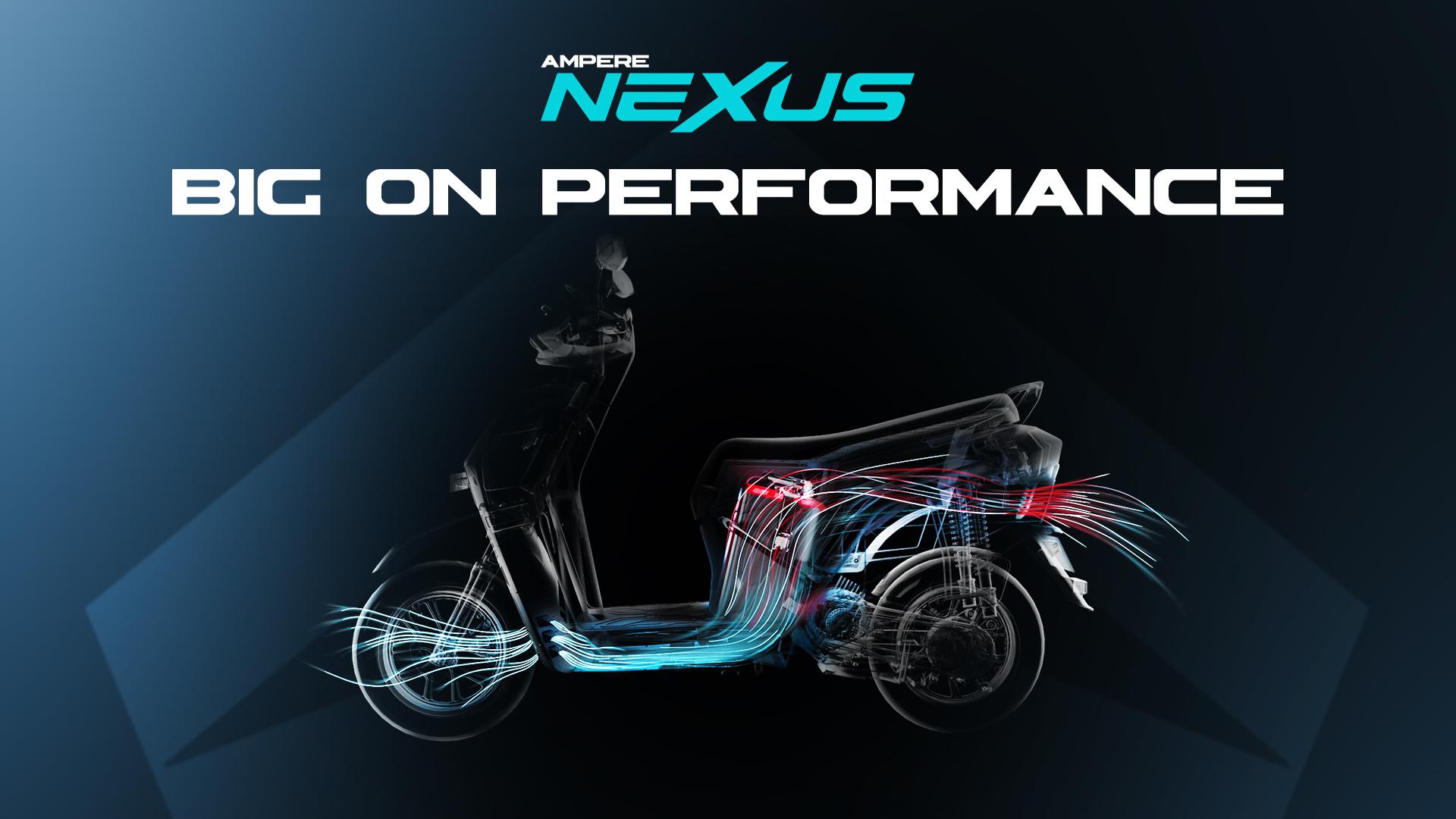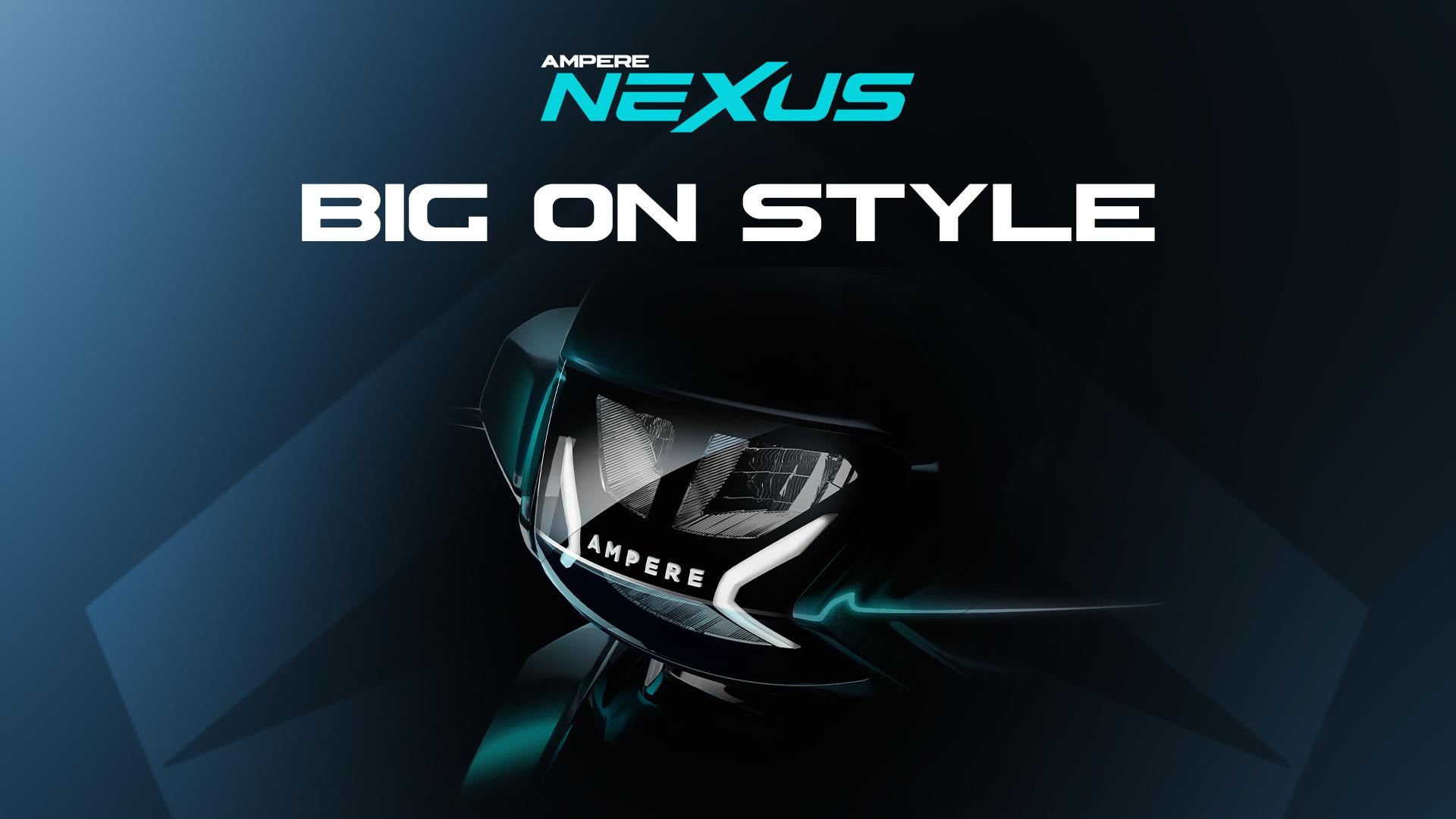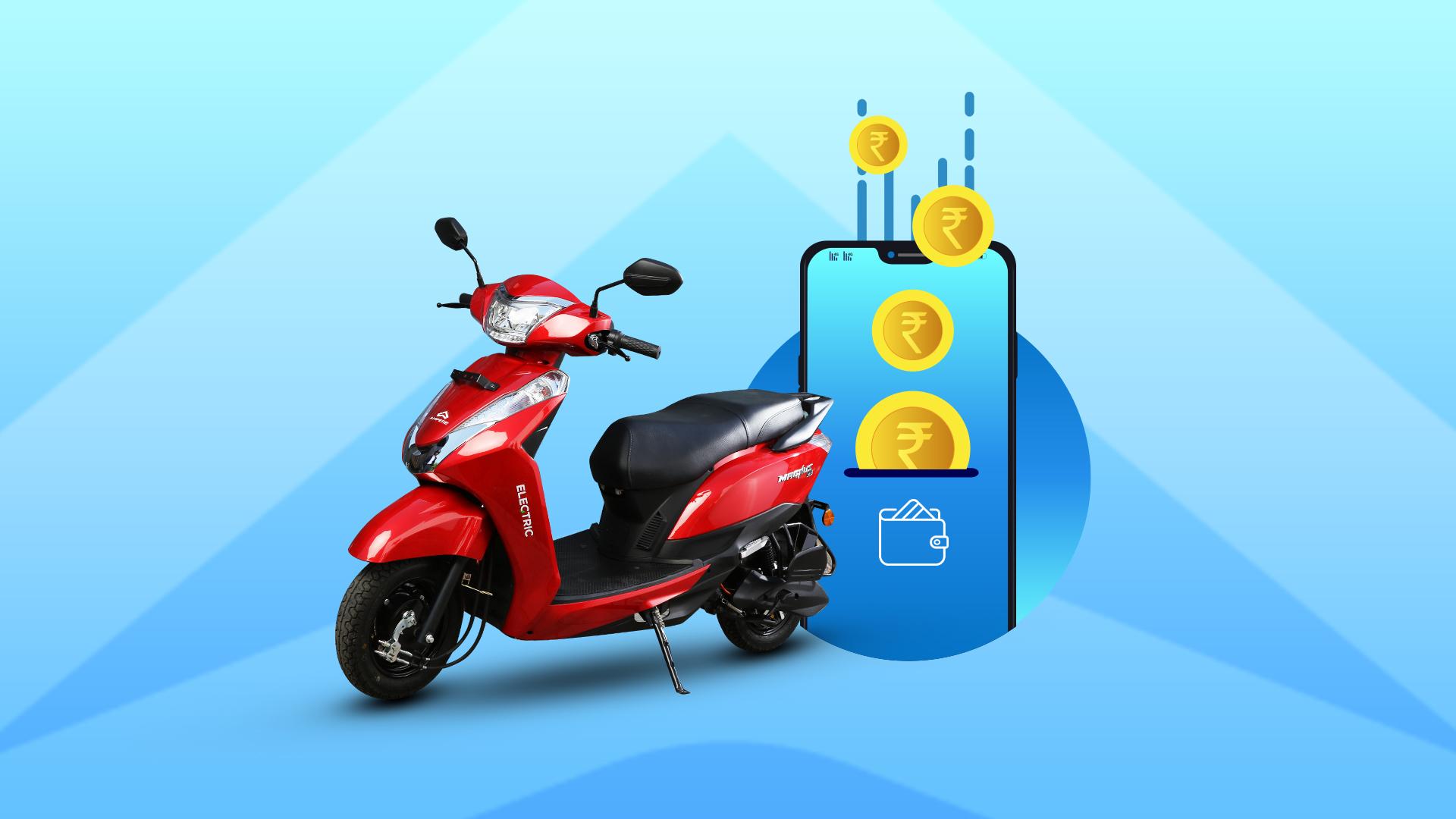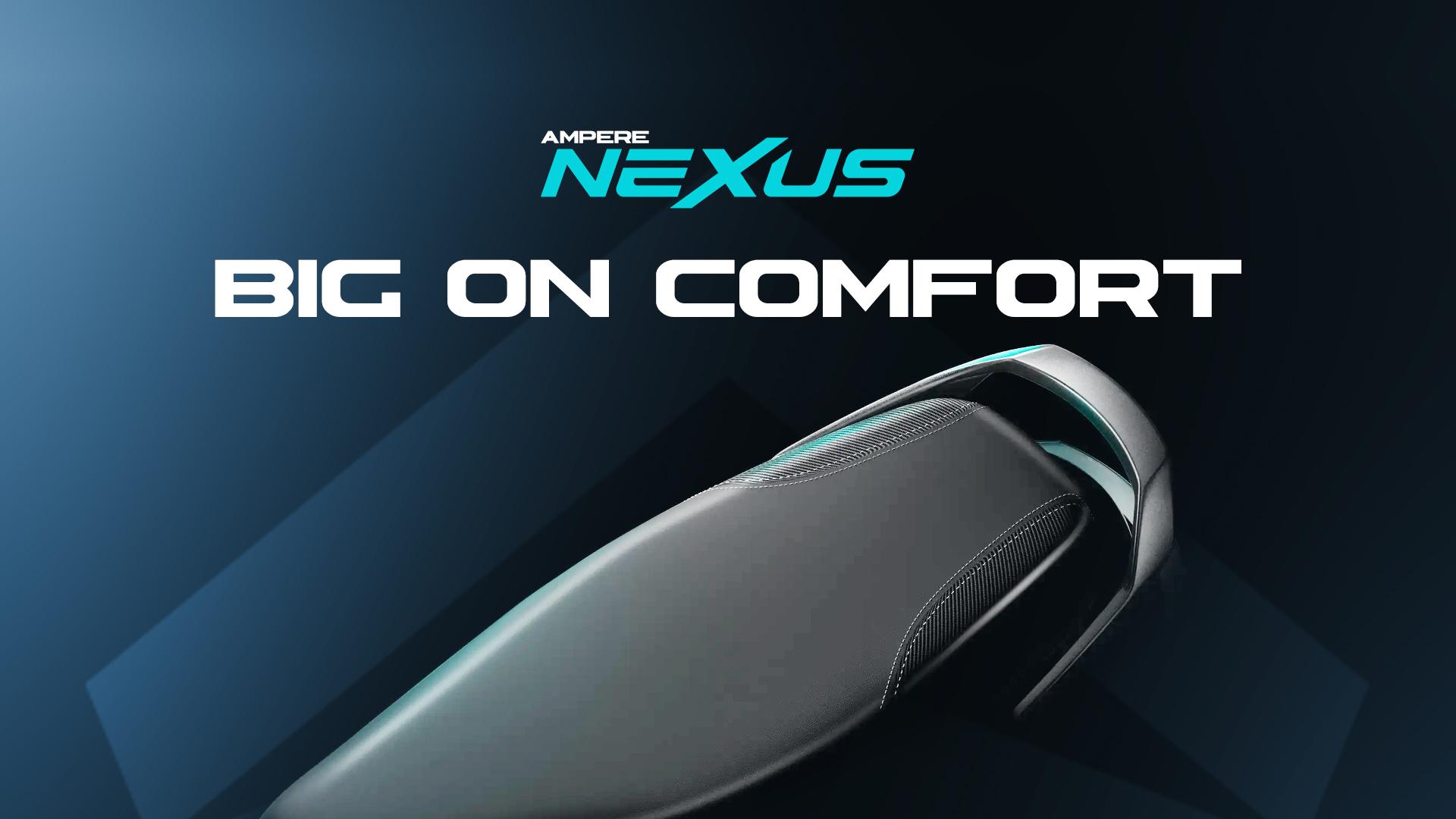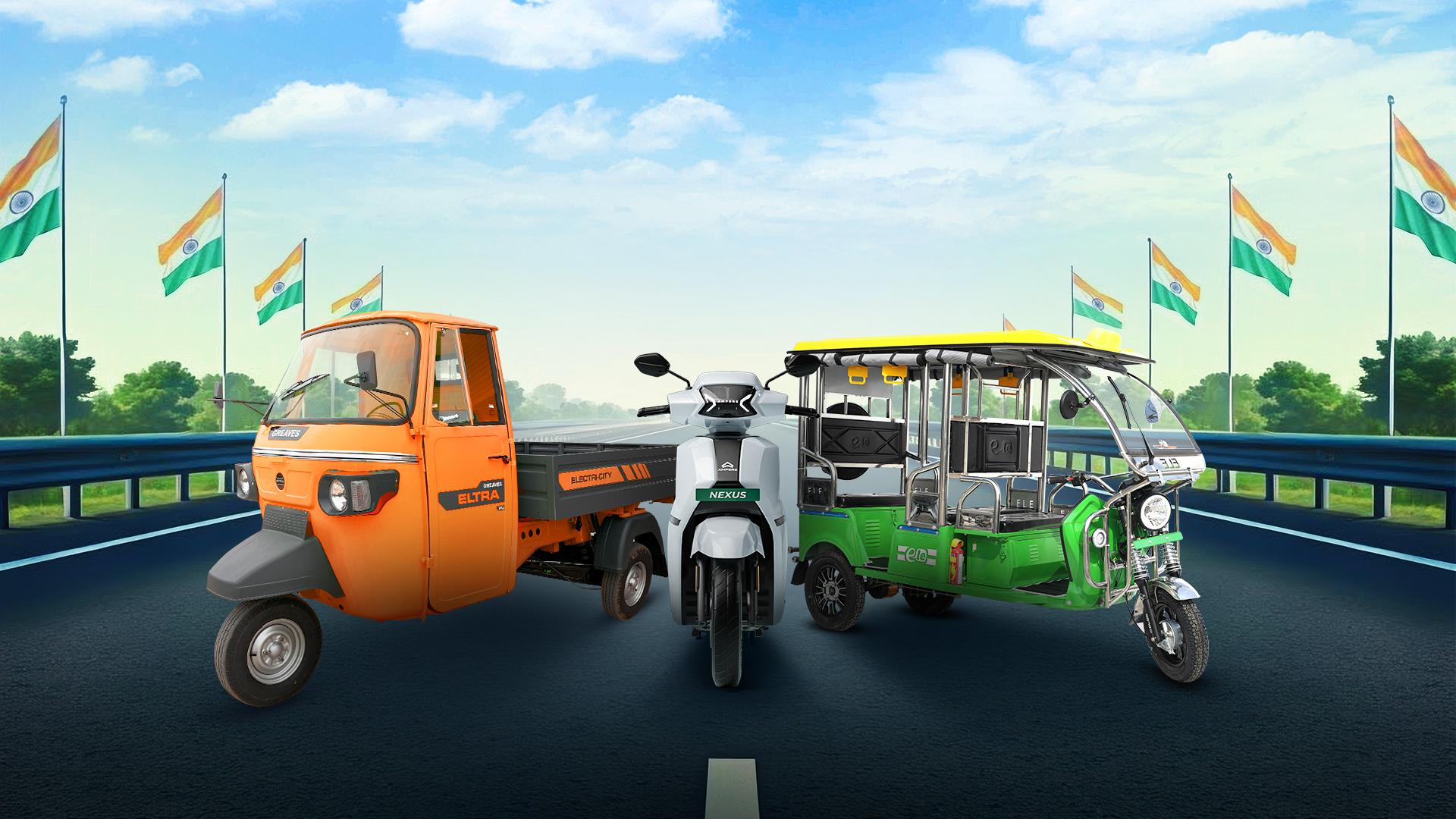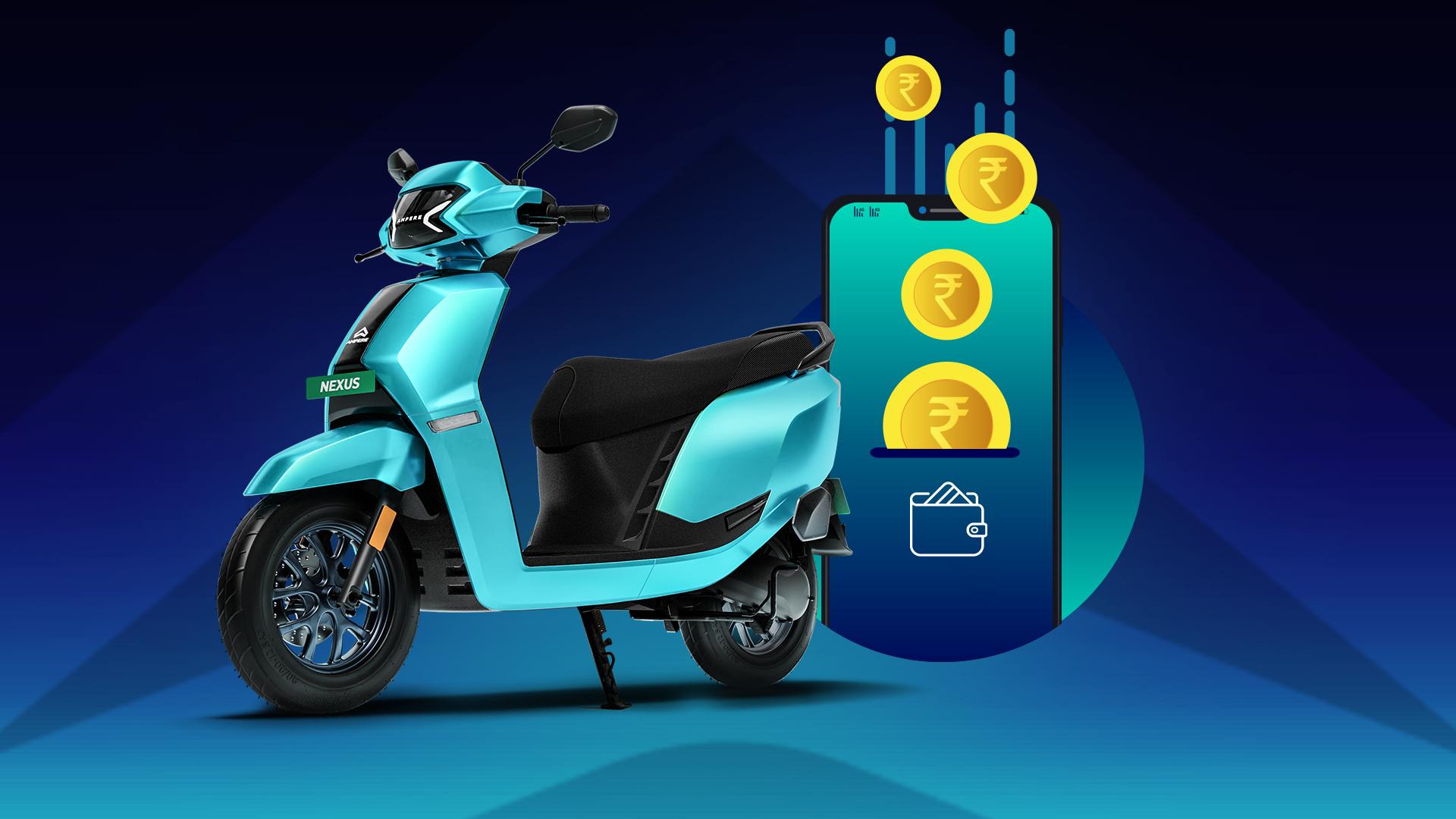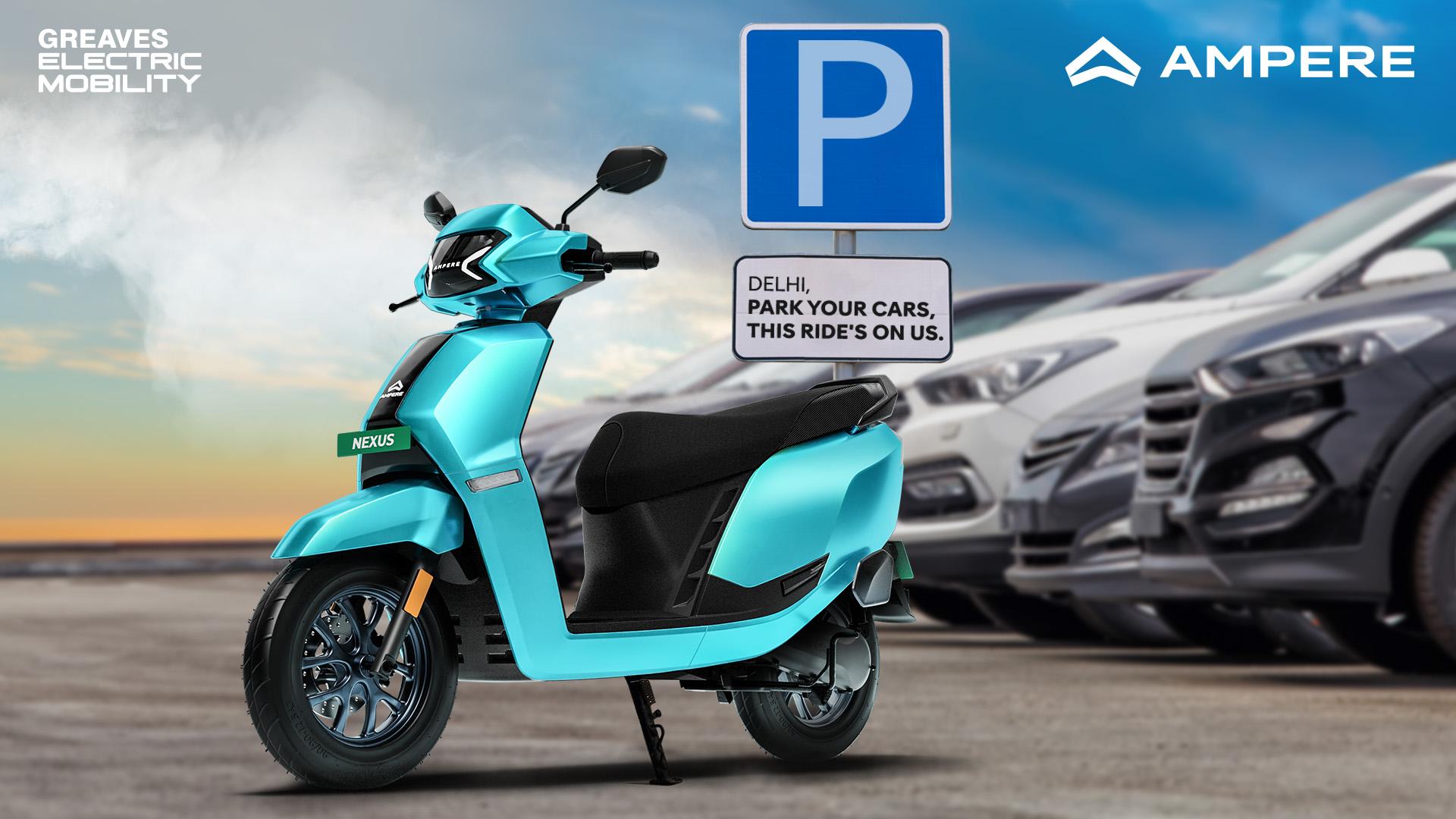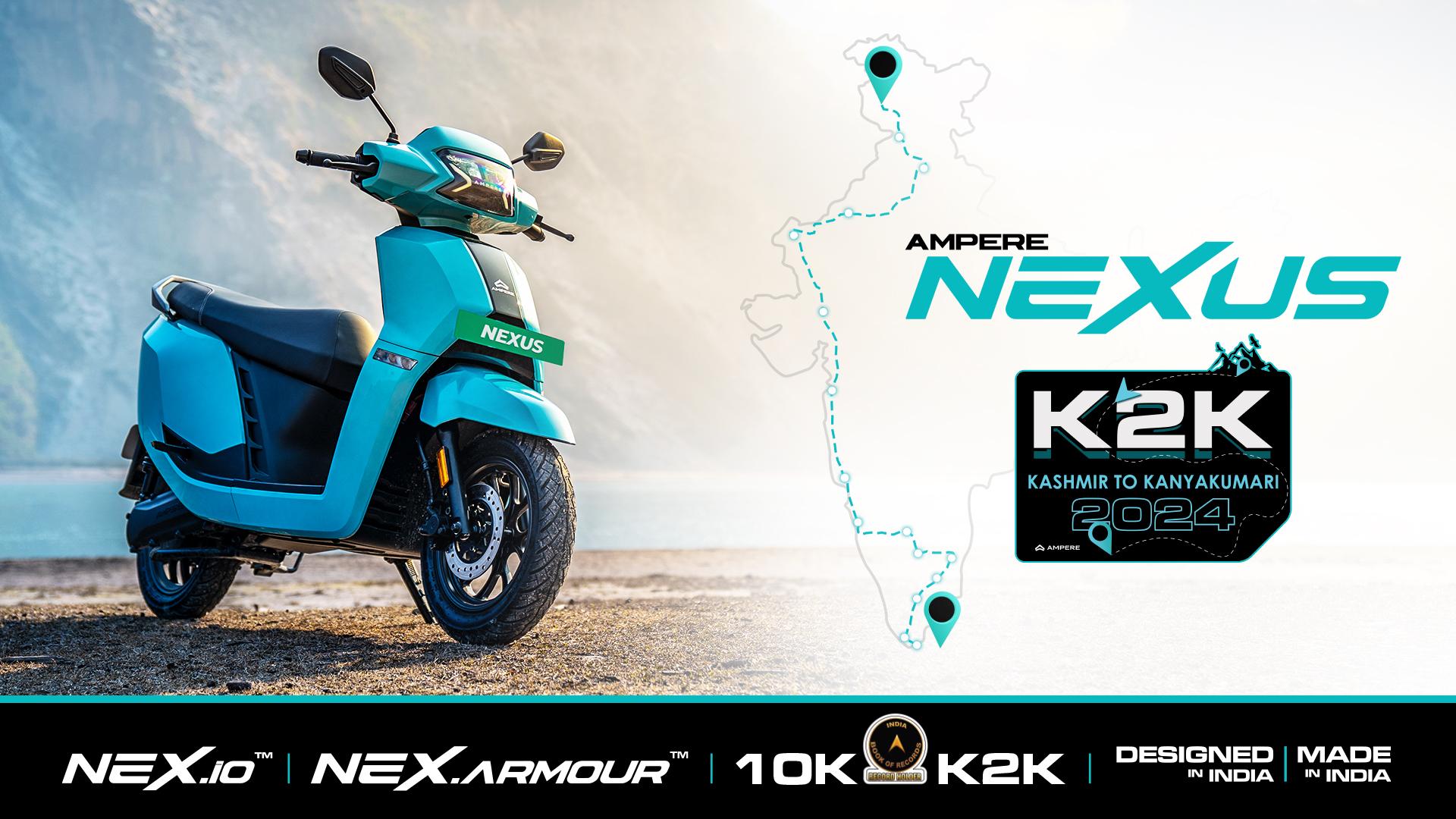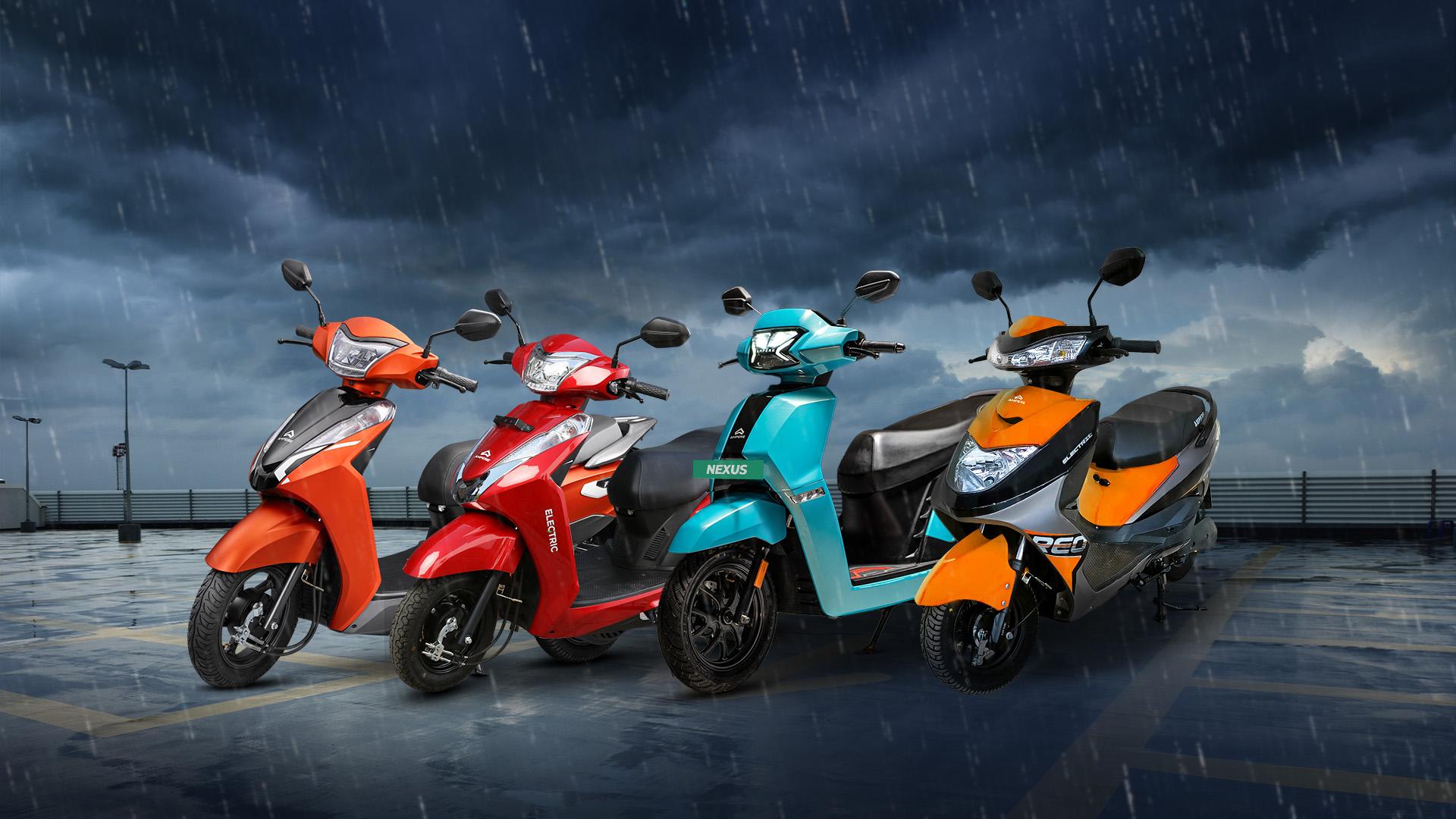In today’s time, the global demand for fuel-efficient & low-emission means of transportation (i.e. electric vehicles) is on the rise - owing primarily to the need for global sustainability. The electric automobile industry has seen significant technological advancement in the last 20 years, which has helped effectively reduce the cost of EVs, whilst increasing their efficiency and performance.
Beyond their innovative sleek designs, brake-load systems, ‘Eco-driving', and energy-efficient features that help commuters reduce consumption, electric vehicles’ battery lives have also seen significant technological upgrades.
In this article, we’ll be putting up and comparing the two contemporary vehicle types (electric scooter vs petrol scooter). First things first, let's do our due research and look at a few factors before we can answer the question, "is an electric scooter better than petrol”?
Fuel vs. Charging Cost
According to a recent survey, if gasoline prices continue to rise, at least 42% of Indian households will be encouraged to lower their discretionary spending. In fact, rising fuel prices have already increased the average commuter's daily cost of travel proportionally. In this modern era, it’s becoming a challenge for many traditional vehicle owners to fill-up their vehicles.
On the contrary, because most EVs (such as Ampere's e-scooters) can be charged right at home using any standard power socket, the process is quite convenient, energy efficient, as well as extremely cost-effective. With an operating cost of 15 paise per Km, Ampere’s e-scooters are undoubtedly the better choice for daily commuters. Additionally, with the recent government mandates and support, residential complexes, shopping mails and other institutions will be built with charging stations, and in many places at zero cost. This makes the case for EV even better.
To know more about just how much you stand to save on your daily commute with an EV (as compared to a fuel vehicle), check out our Savings Calculator! (https://ampere.greaveselectricmobility.com/)
Maintenance
Oil leak? Transmission Problem? Chain Noise? Uncertainty of the fuel quality you feed your own vehicle? Some noise in the engine that you just cannot understand, but takes away your peace of mind? Have you faced any or all of these as an ICE vehicle user?
Today, it is a well-known fact that electric vehicles have fewer ‘moving’ parts, and don’t need much to operate smoothly. As a result, the cost of maintenance is minimal, and you don’t have to get them serviced as often as a traditional fuel vehicle. However, for optimal functioning, we still recommend performing occasional checks (once or twice a year) on their electrical systems - which include the battery, electric motor, and minor electronics.
A traditional petrol vehicle, on the other hand, is outfitted with complex mechanical components; such as an engine, transmission, brakes, and so forth. Since they have heavier components that also emit more heat, the vehicle needs more frequent servicing visits and minor repairs - which involves a higher cost-to-maintain, due to oil changes, spark plug repairs, and battery upkeep. The fuel vehicle owner must also prioritise servicing, since permanent damage to parts can result from infrequent maintenance or servicing, which then raises the fuel consumption.
Convenience
What do you prefer, searching for the nearest petrol pump near your location? Or directly search for the nearest restaurant of your choice, without any stress?
What do you prefer, waiting in queue at the petrol pump and when your turn comes, checking the meter with suspicions of false reading? Or spending time with family watching your favourite movie on OTT while your scooter gets charged?
Since electric vehicle owners have several charging alternatives for their vehicles (such as solar panel charging, charging stations, and battery swapping), it becomes even more convenient for them to pick a charging option according to their preferences.
Before departing, EV owners can simply charge their vehicles for 4-5 hours at home. Since EVs can be charged anywhere, at any time, planning trips in advance is made simpler - because you can quickly access fast chargers or charging stations, or even battery swapping services.
On the contrary, gasoline vehicle owners are forced to adhere to their refuelling ritual - and have to make a time-consuming trip to the nearest gas station.
Performance
What’s better? A world where people around you pass by making the guzzling noise? Or a world where people glide by silently, all smiles no noise?
Electric scooters can start immediately or produce optimum torque from 0 RPM, whereas petrol scooters take time as the torque gradually increases.
Simply put, electric scooters are the superior choice in performance - because of their ride quality, noise-free operation, as well as their smooth & fast acceleration and little-to-no vibration.
However, a petrol vehicle must transfer energy through clutches, gears, and the engine in order to move, which adds to the ride's noise and emissions. Since an electric vehicle has fewer moving parts than a conventional vehicle, it can function more efficiently and with greater performance.
Conclusion
At last, we’re left with the question, “Is an electric scooter better than petrol”?
Taking into account all of these factors, the comparison of electric scooter vs petrol scooter, EVs appear to be the best option because they save you money on daily commuting, require less maintenance and servicing, and are undeniably more convenient, resulting in a better future drive.
Here’s some math to get you thinking: Ampere Magnus electric scooter has a daily running cost of INR 3.75, while an equivalent petrol scooter has a daily running cost of close to INR 60. That’s a monthly difference that can cover your new iPhone EMI!
So, what are you waiting for? Bring an EV to your home, enjoy a hassle-free ride with Ampere, and make #HarGullyElectric!
